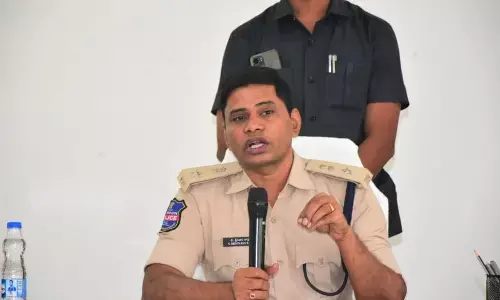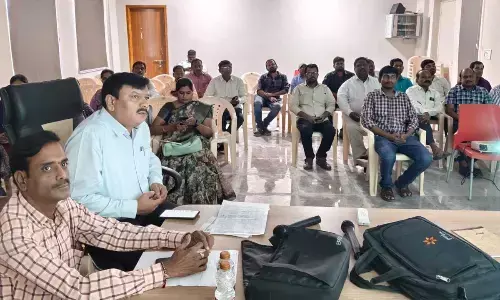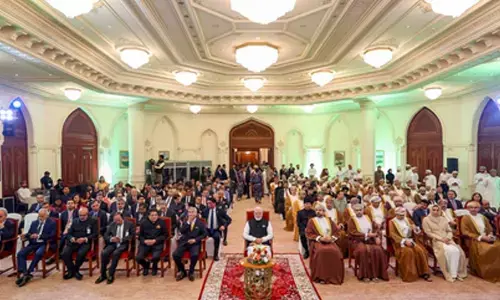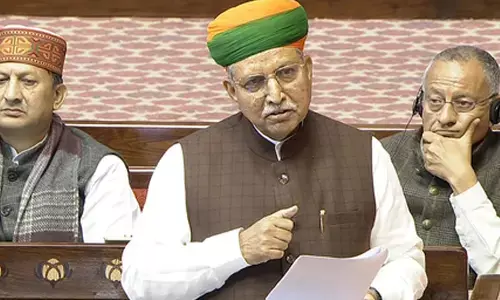Afghans thank India for Salma Dam reconstruction project
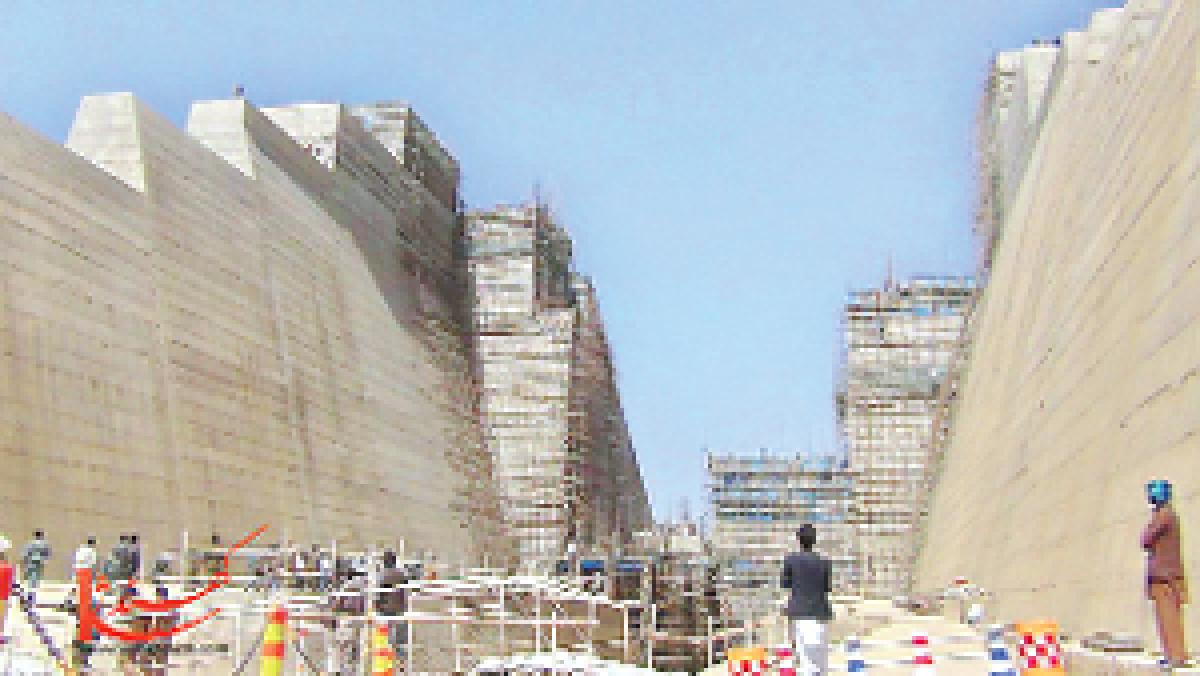
Grateful Afghans Thank India As Salma Dam Nears Completion. People in Afghanistan\'s western province of Herat were on Tuesday full of praise for India for its key role in the reconstruction of the nation, especially construction of the Salma dam which is nearing completion and whose reservoirs have started filling up with the much-needed water.
.jpg) Kabul: People in Afghanistan's western province of Herat were on Tuesday full of praise for India for its key role in the reconstruction of the nation, especially construction of the Salma dam which is nearing completion and whose reservoirs have started filling up with the much-needed water.
Kabul: People in Afghanistan's western province of Herat were on Tuesday full of praise for India for its key role in the reconstruction of the nation, especially construction of the Salma dam which is nearing completion and whose reservoirs have started filling up with the much-needed water.
A group of grateful residents went to the Indian consulate there and expressed their gratitude to the Indian officials for the key role played by India in the reconstruction of Afghanistan, particularly the Salma dam -- the biggest project by the Indian government in the country.
Local musicians sang Indian songs and presented flowers to workers of the consulate.
India is spending $300 million on the dam project, expected to produce 42 MW of electricity and water nearly 80,000 hectares of farmland, according to Afghan news agency Khaama Press.
The reservoir, which is 20 km in length and 3 km in width, started filling up last month and is expected to be completed in around 9-12 months.
The reconstruction of Salma dam started during the tenure of Sardar Mohammad Dawoud Khan decades ago, but the project was halted because of the war in the country.
The project was restarted in 2005 and is scheduled to be completed in 2016.
The hydroelectric and irrigation project is being constructed on the Hari Rud river in Chiste Sharif district.
It is the flagship infrastructural project of India's developmental assistance programme to Afghanistan.
The project includes construction of a 107.5-metre-high and 550-metre-long rock-filled dam and other typical components of the hydroelectric power project such as spillways, powerhouse, switchyard and transmission line.
The dam is of immense importance to Afghanistan and will be greatly beneficial in solving the issue of electricity generation in the country.
The dam construction faced some tough times. According to a statement by the Consul General of India in Herat, the dam faced many logistical constraints and security challenges contributing to a delay of many years.
Salma dam was initially built in 1976 on the Hari river basin, but was damaged during the war in Afghanistan. The rebuilding of the dam was first started by an Indian company (WAPCOS Ltd.) in 1988, but the project was left incomplete for a significant period of time due to the instability caused by the war.
In 2006, India committed to funding the completion of the dam at an estimated cost of $200 million, said Outlook Afghanistan.
Afghan leaders and people have welcomed the news that major portion of the work was completed and they expect that insecurity and political situation will not hamper the remaining work.
Afghanistan's Chief Executive Officer (CEO) Abdullah Abdullah last week expressed satisfaction with the completion of parts of the long-awaited dam.
The dam, he hoped, would help resolve the problem of shortage of energy and power besides strengthening the agriculture sector in the western zone.
Earlier, India's Consul General Amit Kumar Mishra said the project passed a critical stage on July 26 with the closure of the diversion tunnel gate and the start of filling of the reservoir.
India's assistance programme in Afghanistan stands at around $2 billion, making India the fifth largest bilateral donor.
The new Rs.710-crore Afghan parliament building being financed and built by India is also nearing completion.
The construction of the parliament building, started in 2009 by India's Central Public Works Department, has however missed its deadline by three years.
India's Border Roads Organisation (BRO) is building the 218-km, Rs.600-crore Zaranj-Delaram road in southwestern Afghanistan that would link up to Iran's Chahbahar Port, and link the Afghan cities of Herat, Kandahar, Kabul and Mazar-e-Sharif.
It will allow India access to the landlocked Central Asian countries that border Afghanistan.
India signed an agreement with Iran to develop Chahbahar Port in May 2015.










